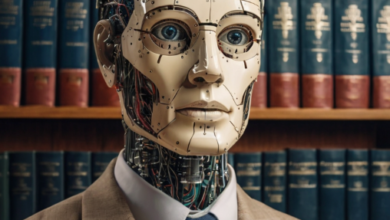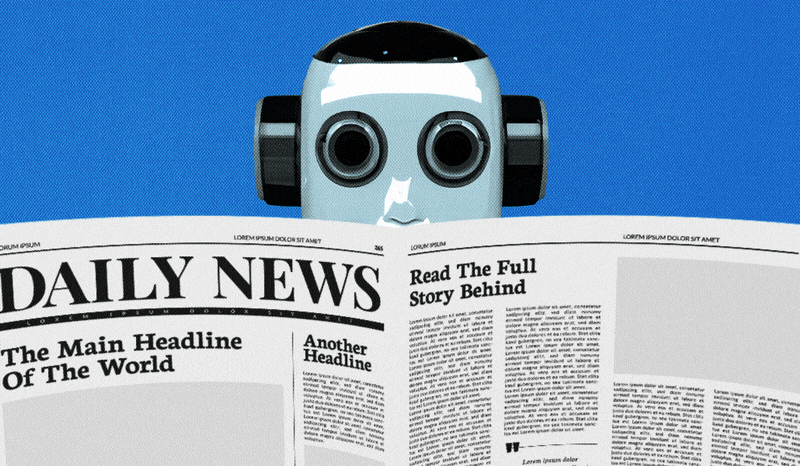Can Oil, Gas Companies Use Generative AI to Help Hire People?

Artificial Intelligence (AI) will definitely help oil and gas companies hire people.
That’s what Louisiana based OneSource Professional Search believes, according to Dave Mount, the company’s president.
“Our search firm is already implementing AI to augment our traditional recruiting/headhunting practices to more efficiently source a higher number of candidates along with managing the extra activity related to sourcing and qualifying a larger amount of candidates/talent pool,” Mount revealed to Rigzone.
“We’re integrating AI as we speak and it’s definitely helping in covering more ground and allowing us to access a larger talent pool, although it’s a learning process to help the quality of the sourcing/screening match the increased quantity of qualified candidates,” he added.
Gladney Darroh – an energy search specialist with 47 years of experience who developed and coaches the interview methodology Winning the Offer, which earned him the ranking of #1 technical and professional recruiter in Houston for 17 consecutive years by HAAPC – told Rigzone that “oil and gas companies will use generative AI to help hire people, and so will everyone else”.
“Generative AI is a historic leap in technology and oil and gas companies have used technology for years to hire people,” the Founding Partner and President of Houston, Texas, based Piper-Morgan Associates Personnel Consultants said.
“It is typically a time intensive exercise to develop an initial pool of qualified candidates, determine which will consider a job change, which will consider a job change for this opportunity, who is really ‘gettable’, who meets the expectations of the hiring company in terms of what he/she brings to the table now, and if she/he possesses the talent to become a long term asset,” Darroh added.
“Deep learning models can be trained on key word content searches for anything and everything: education, training, skillset, general and specific experience – all quantitative data,” Darroh continued.
“Once AI is trained this way and applied to searches, AI will generate in seconds what an in-house or outside recruiter might generate over days or weeks,” he went on to state.
Darroh also noted that AI is developing “inference – the ability to draw conclusions from data, which is the ‘qualitative’ data that helps determine a candidate’s long-term potential for promotion and leadership roles”.
“For companies who are racing against their competitors to identify and hire the right talent, whether an entry level or an experienced hire, they will all adopt AI to help hire people,” Darroh concluded.
Earlier this year, Enverus’ Chief Innovation Officer, Colin Westmoreland, revealed to Rigzone that the company believes generative AI will shape oil and gas decision making in 2024 and into the future.
“Generative AI will reduce the time to value significantly by providing rapid analysis and insights, leveraging vast amounts of curated data,” he said.
Westmoreland also told Rigzone that generative AI is expected to become commonplace among oil and gas companies over the next few years.
Back in January, Trygve Randen, the Senior Vice President of Digital Products and Solutions at SLB, outlined to Rigzone that generative AI will continue to gain traction in the oil and gas industry this year.
In an article published on its website in January 2023, which was updated in April 2024, McKinsey & Company noted that generative AI “describes algorithms, such as ChatGPT, that can be used to create new content, including audio, code, images, text, simulations, and videos”.
OpenAI, which describes itself as an A.I. research and deployment company whose mission is to ensure that artificial general intelligence benefits all of humanity, introduced ChatGPT on November 30, 2022.
In April 2023, Rigzone looked at how ChatGPT will affect oil and gas jobs. To view that article, click here.
To contact the author, email andreas.exarheas@rigzone.com



